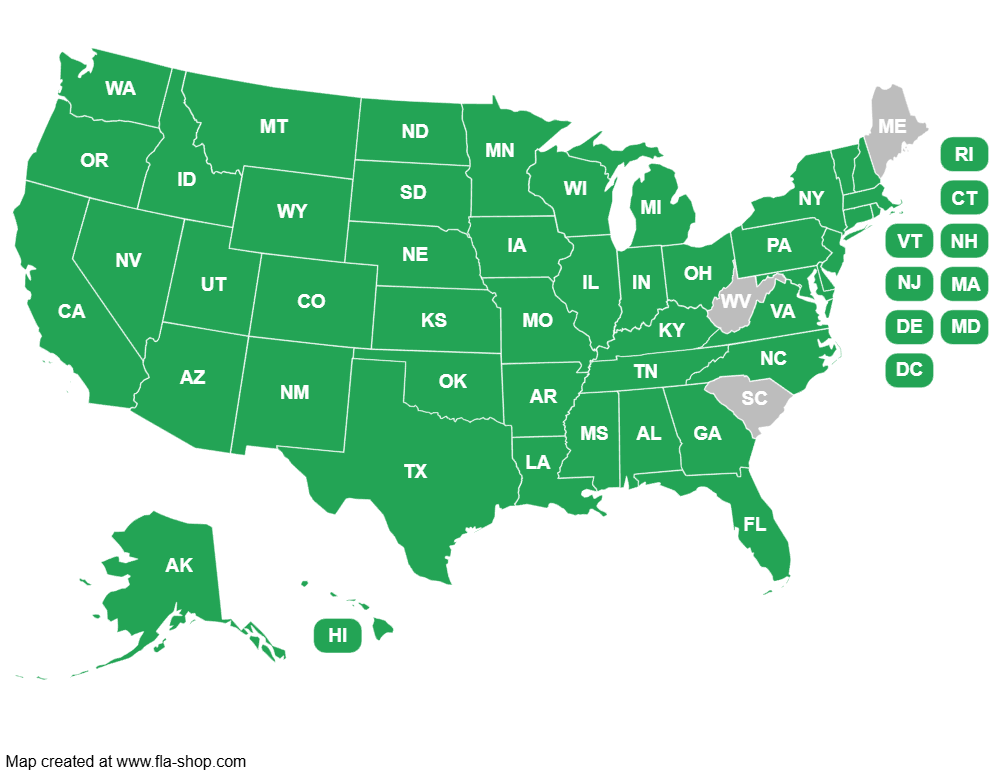The National Center on Teacher Quality released a report entitled: Race to the top: Colorado may be used to high altitudes but can it compete in Race to the Top?
Commissioned by the Piton Foundation, the Donnell-Kay Foundation, the Colorado Children’s Campaign and the Public Education & Business Coalition, the report suggests 7 strategies the state might take while applying for the Race To the Top (RTT) funds.
- Strategy 1: Performance management (Teacher Evaluation, Tenure & Dismissal) – Given the tremendous impact teachers have on learning, no strategy a state will take on is likely to have a greater impact on student achievement than one that seeks to maximize teacher and principal performance.
- Strategy 2: Equitable Distribution of Teachers and Principals – Schools serving children living in poverty are more apt to employ teachers with lower qualifications than schools serving more affluent children.
- Strategy 3: Induction – CO should develop a statewide system of induction support for new teachers, particularly in its high needs and remote rural schools.
- Strategy 4: Compensation Reform – CO needs to move away from lockstep salary schedules towards a system that differentiates salary on a number of factors, including teacher effectiveness, the relative difficulty of a school setting and the demand for teachers with particular skills or knowledge.
- Strategy 5: Teaching in STEM fields: CO should develop a coherent state strategy to address the difficulty school districts face in attracting and retaining sufficient numbers of qualified STEM teachers.
- Strategy6: Statewide Adoption of an Effective Curriculum: Students achieve when 4 elements are in place: Standards, Curriculum, Teachers & Assessment.
- Strategy 7: Educator Preparation (Including Alternate Certification) – In spite of countless studies looking at the value of teacher education, we have only been able to learn (apparently) that no single method of teacher preparation yields more effective teachers than another.
I’ll be honest, I haven’t read through the entire report as yet, however I managed to get through Strategy 6, in which the authors recommend statewide adoption of Singapore Math at the elementary level. The report notes that:
…curriculum has been troublingly absent in conversations about education reform as well as ignored in the indifferent approach some educators take to curricula adoptions.
… the current emphasis on human capital and effective teachers has been at the expense of an equally urgent emphasis on the importance of good curricula.
And when discussing common standards, the report flat-out states:
We would go so far as to say that if the standards were in conflict with the Singapore curriculum, a state ought to consider opting out of the new standards.
Well, you don’t hear that everyday!
Read and enjoy.
(Cross-posted at KTM-2)



















curriculum has been troublingly absent in conversations about education reform as well as ignored in the indifferent approach some educators take to curricula adoptions.
Absolutely.
Does it also want the testing regime common in Singapore schools?
I also think the proof is in the pudding. What has Singapore produced compared to the US despite the latter’s problems? Any Nobel prize winners? Any great breakthroughs that has contributed to the world?
I think that math curriculum used by Malaysia, Israel and desired by schools in the U.S. that is coherent, focused and rigorous would be considered a breakthrough contributing to the world.